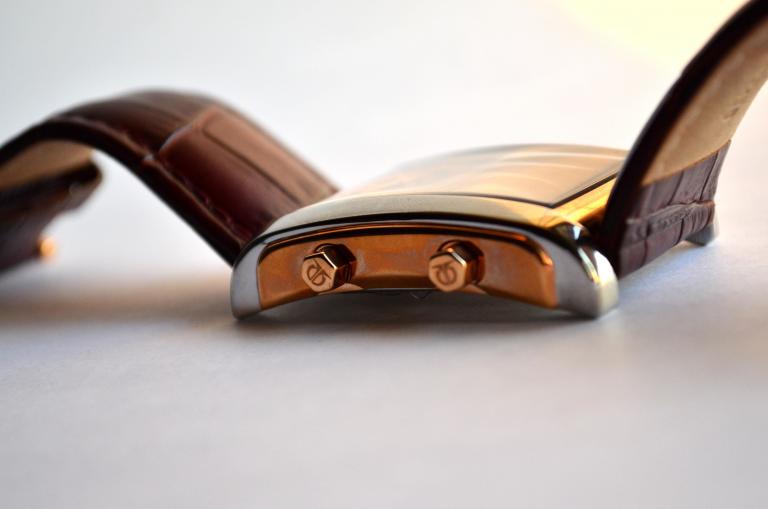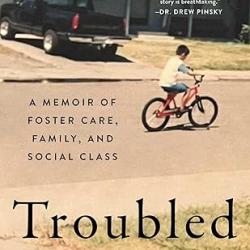Louis Chew offers helpful insight in his recent article “The Pursuit Of Status: How To Avoid Chasing The Wrong Things.”

Seeking “face” can get expensive. Chew writes,
As it turns out, Diderot was spot on about how material possessions become intertwined with our identity.
The wealthier we get, the more things become a form of self-expression. We no longer buy shirts and shorts for the cloth that covers our skin but also to reflect our tastes and social standing.
Geoffrey Miller, evolutionary psychologist, notes in Spent: Sex, Evolution, and Behavior that one of the biggest reasons we buy things is to signal virtue:
“Humans evolved in small social groups in which image and status were all-important, not only for survival, but for attracting mates, impressing friends, and rearing children. Today we ornament ourselves with goods and services more to make an impression on other people’s minds than to enjoy owning a chunk of matter — a fact that renders ‘materialism’ a profoundly misleading term for much of consumption. Many products are signals first and material objects second. Our vast social-primate brains evolved to pursue one central social goal: to look good in the eyes of others”
Ironically, the overt pursuit of status is a low-status activity. Chasing after someone’s approval demonstrates low self-worth, which is why we instead opt to chase after possessions. This explains why the biggest companies in the world spend so much on branding.
Chew then personalizes these observations.
It’s absurd that most of us are unhappy and yet, we have never been wealthier throughout history.
The problem lies in the nature of the game we’re playing.
Status is hierarchical by definition since there can only be one top dog at any time. That makes the pursuit of status an essentially zero-sum game, where your gain is my loss. We can never have enough if we need to have more than our neighbour.
But even if we’re biologically primed to chase status, it doesn’t mean that we need to acquire more possessions. A bigger and better house may force us to spend half of our lives working. The same goes for luxury cars, accessories and jewellery, although to varying degrees.
These items are costly — in terms of both time and money — yet may have little intrinsic value. In other words, we’re really just wasting time and effort to look better to others.
What do you think? What would you add?
















